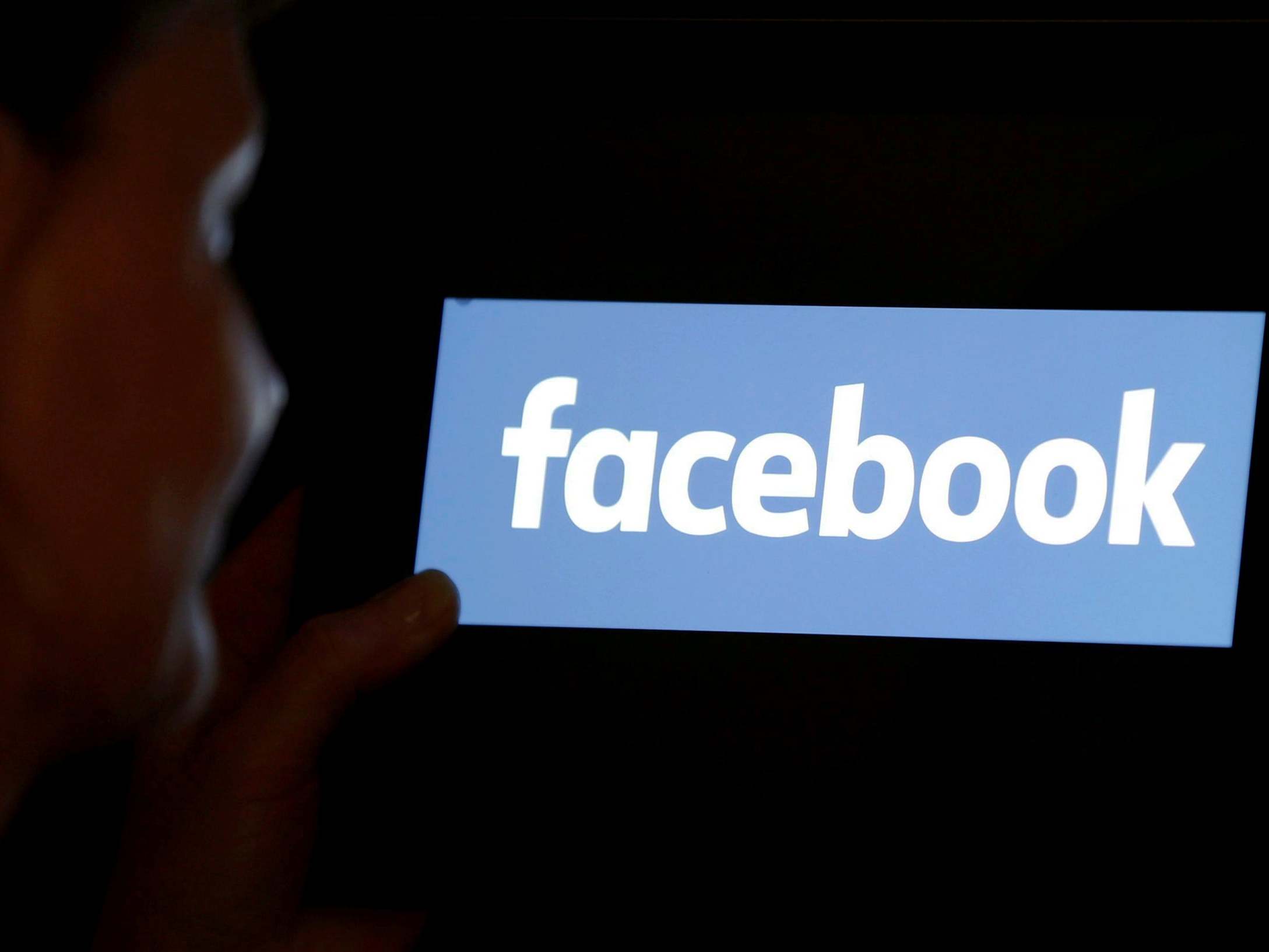Your support helps us to tell the story
From reproductive rights to climate change to Big Tech, The Independent is on the ground when the story is developing. Whether it's investigating the financials of Elon Musk's pro-Trump PAC or producing our latest documentary, 'The A Word', which shines a light on the American women fighting for reproductive rights, we know how important it is to parse out the facts from the messaging.
At such a critical moment in US history, we need reporters on the ground. Your donation allows us to keep sending journalists to speak to both sides of the story.
The Independent is trusted by Americans across the entire political spectrum. And unlike many other quality news outlets, we choose not to lock Americans out of our reporting and analysis with paywalls. We believe quality journalism should be available to everyone, paid for by those who can afford it.
Your support makes all the difference.New laws are needed to make Britain's election rules fit for the digital age, the Electoral Commission has said – as it warned that trust in the democratic system was being undermined by new underhand campaigning techniques.
In its research for a new report on the 2019 election the UK's democracy watchdog found that 58 per cent of people agreed that in general "campaigning online is untrue or misleading".
The Commission said that in particular changes to the law are required to make targeted political advertising fair, after parties at the last election used platforms like Facebook to "micro-target" different messages at specific people in specific areas.
"We have signalled our concern about these issues before. If voters lose trust and confidence in political campaigning, democracy as a whole will suffer," the Commission said in its report.
"Campaigners, candidates and parties themselves need to take greater responsibility for the presentation and content of campaigns they run and the impact of their activities on public confidence in elections."
Demanding immediate action from the government, they added: "We cannot afford to miss the window of opportunity between now and the next scheduled general election. There needs to be real change to protect trust and confidence in campaigns at future elections and the integrity of our democracy."
The Commission said that "digital tools and channels have changed the campaigning landscape in the UK significantly" and "concerns about transparency are beginning to overshadow" potential benefits for greater engagement.
It said it should become a legal requirement for social media companies to make clear who is behind political advertising, and for providers like Facebook and Google to be more specific about who adverts are targeted at.
Currently, Facebook gives information as broad as "England" or "Scotland" when explaining where adverts are targeted, but gives advertisers much closer control and the ability to target them at particular demographics in a particular constituency.
The Commission also said the amount of money campaigners spend on ads should be more accurately disclosed, instead of providing a range, and that unpaid political campaigning should be labelled as political material and have to include the usual disclaimer.
The Commission also criticised certain practices by political parties during the election, stating:
"Some campaigners branded their social media pages in ways that meant it wasn’t clear who was responsible for them, or used misleading website links to encourage people to visit their sites; other examples used edited video clips to present their opponents negatively."
Though the Commission did not name a political party, the Conservatives attracted criticism during the campaign for setting up a fake "fact-checking" service and using it to endorse Boris Johnson on social media during televised debates.
The party also set up websites with titles such as "labour manifesto" and paid for Google adverts to direct people to the page, which contained a false overview of the manifesto's contents.
Darren Hughes, Chief Executive of the Electoral Reform Society, said: “This report is a call to action, to bolster Britain’s struggling democracy. Sadly the government has often kicked the can down the road when it comes to introducing simple, consensus-driven reforms that we need - such as 'imprints' for online ads.
“The coronavirus crisis has shown the need for swift action to tackle misleading information online. But parties also need to put their house in order when it comes to misinformation.
“Britain’s analogue-age election campaign laws leave us open to dark ads, dodgy donations and disinformation. Campaigners and regulators have made repeated cross-party calls for action. When this crisis is over we hope to see real progress to ensure next year’s elections are truly free and fair.”

Join our commenting forum
Join thought-provoking conversations, follow other Independent readers and see their replies
Comments